When the Child Becomes the Caregiver: Healing from Parentification
Have you ever felt responsible for your caregiver’s emotional or practical needs as a child? Did you find yourself caring for younger siblings, managing household responsibilities, or stepping into the role of a peacemaker in family conflicts? Are you someone your friends see as the “helper,” the one who’s always there to support others—sometimes at the expense of your own needs?
If any of this resonates, you might have experienced parentification—a hidden role that many children take on without realizing its lasting impact.
What Is Parentification?
According to The Attachment Project, parentification occurs when a caregiver relies on their child for emotional or practical support—roles that are developmentally inappropriate and more suited to adults. This dynamic creates a role reversal where the child is placed in the position of caregiver, often sacrificing their own needs in the process.
While this might sometimes be framed as “maturity” or “being helpful,” it often masks a deeper pattern of unmet needs and emotional burden.
The Two Types of Parentification
Dr. Kate Eshleman, PsyD, identifies two primary forms of parentification: instrumental and emotional.
Instrumental Parentification:
This occurs when a child consistently takes on adult responsibilities—cooking, cleaning, managing finances, or caring for siblings. In many immigrant families, this might include translating legal or medical information for parents, or acting as a cultural bridge between the family and the outside world. These tasks, while practical, place a child in a role they aren’t developmentally ready for.
Emotional Parentification:
This is often harder to recognize, especially because it can begin early in life. A child may become their caregiver’s emotional confidant, absorbing adult anxieties, mediating conflict, or comforting a parent through separation or trauma. Over time, they may begin to feel responsible for others’ emotional states, equating love with self-sacrifice.
The Long-Term Impact of Parentification
When a child grows up fulfilling adult roles, it can deeply affect their emotional development and relationships. Some common long-term effects include:
● Attachment struggles: Difficulty trusting others or forming secure relationships.
● Hyper-independence: Feeling like you must do everything on your own.
● People-pleasing: Prioritizing others’ needs to avoid conflict or rejection.
● Anxiety & fear of abandonment: A constant worry about being needed or being enough.
These patterns may follow you into adulthood, shaping how you relate to partners, friends, and even yourself.
How to Begin Healing from Parentification
Healing from parentification involves recognizing the wounds you carry and beginning the journey of reparenting yourself—providing the love, safety, and care you didn’t receive as a child.
1. Seek Counseling
Therapy can offer powerful tools to explore and heal parentification. Modalities like:
● Cognitive Behavioral Therapy (CBT)
● Attachment-Based Therapy
● Internal Family Systems (IFS)
● Family Therapy
2. Set Healthy Boundaries
Learn to examine and redefine your emotional and practical boundaries. Ask yourself:
● Where does this expectation come from?
● Is this mine to carry?
● What do I need right now?
3. Practice Intentional Self-Care
Self-care isn’t selfish—it’s reparative. Think of it as visiting the place of hurt with the tools you needed back then. Let your past self catch up to the present you. Engage your five senses with grounding practices: warm baths, nature walks, cooking nourishing meals, listening to calming music. These acts help you feel rooted and remind your nervous system that you're safe now.
Being a parentified child wasn’t your choice—but healing can be. You are not broken, too much, or too needy. You learned to survive by showing up for everyone else. Now it’s time to start showing up for yourself.
You deserve to be cared for. You deserve to rest. And most of all, you deserve to heal.
Resources
https://health.clevelandclinic.org/parentification
https://www.attachmentproject.com/psychology/parentification/




